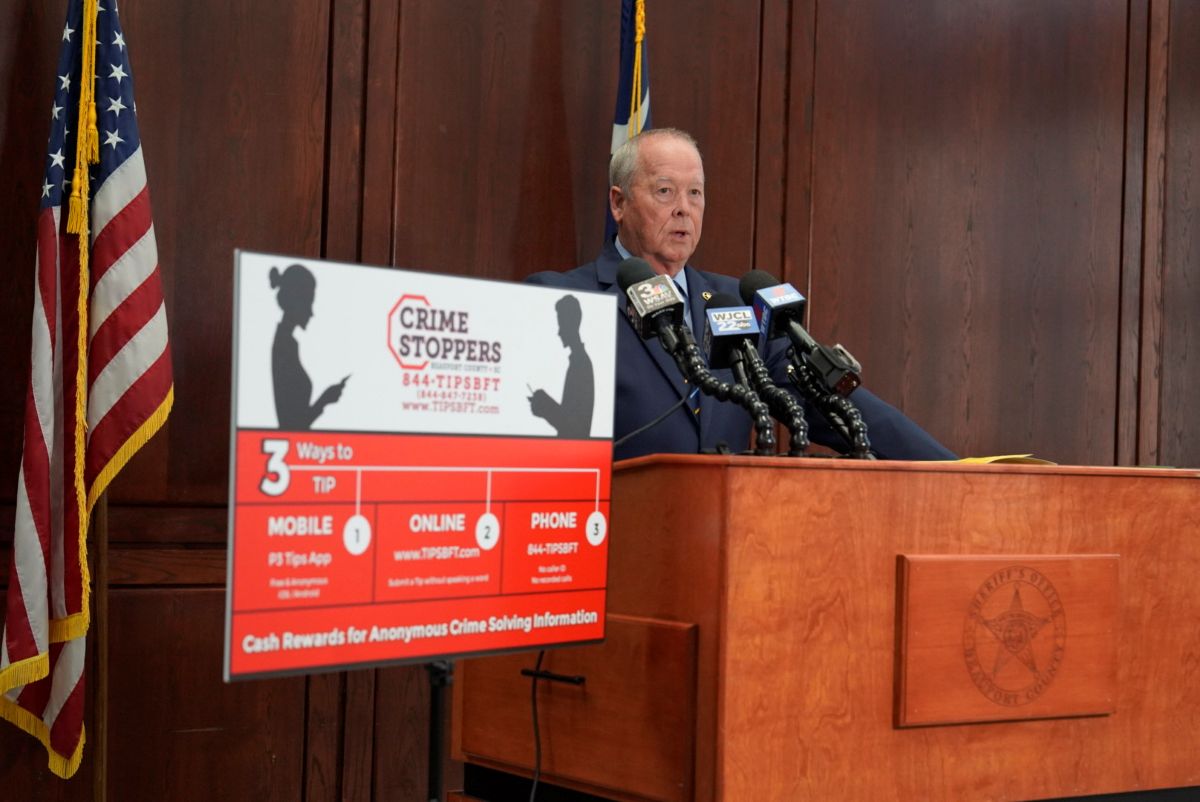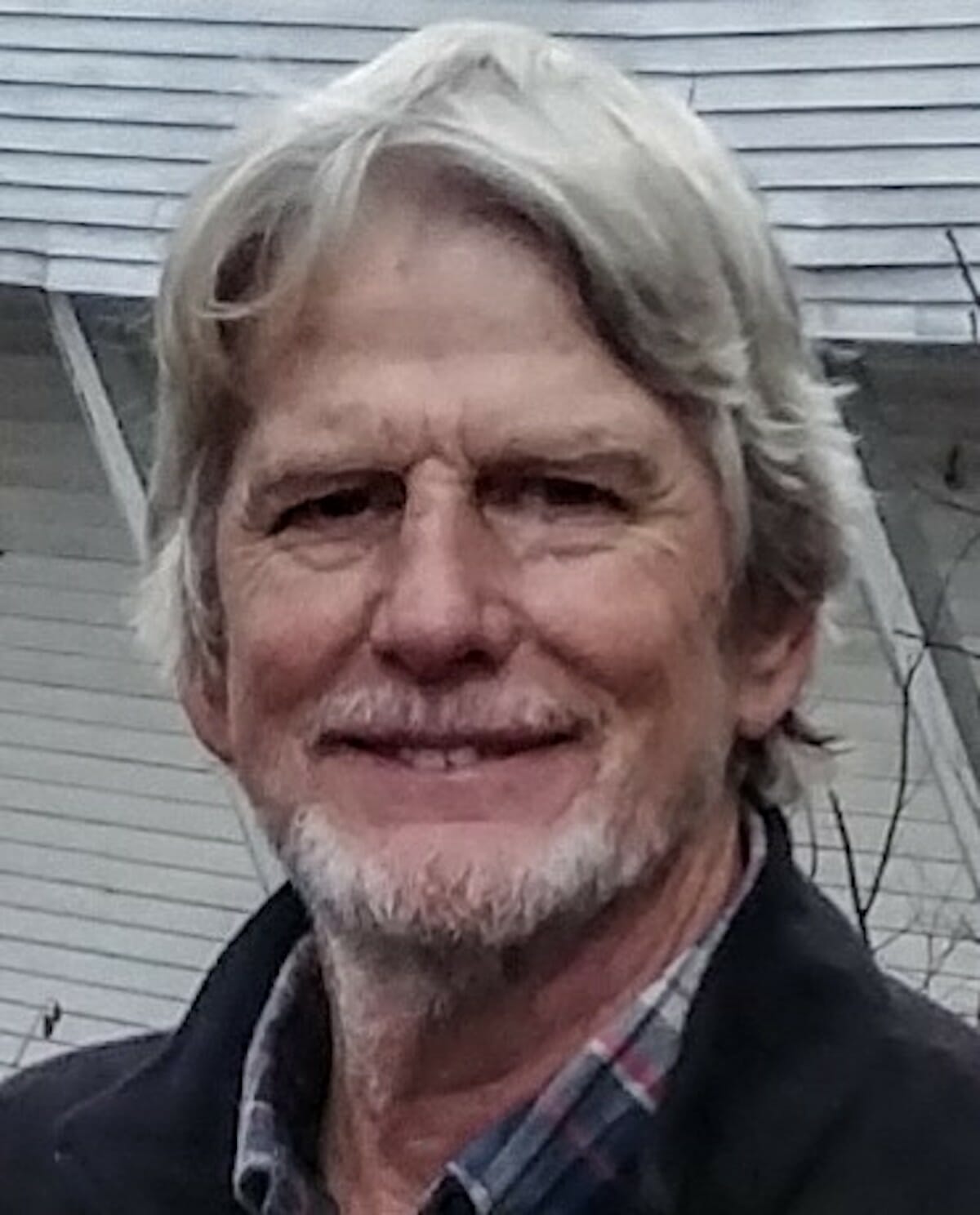It is Friday, and we are finally feeling the first, tentative, restorative breath of autumn. We have survived our hellishly hot season in purgatory and can now give our overworked compressors a rest.
This morning I have my coffee — Eight O’clock Columbia Peaks — and a novel titled “The Kingdoms of Savannah” by George Dawes Green.
Green came of age in Georgia, but did most of his writing in New York City. He has written three other novels — “The Juror,” “Ravens” and “The Caveman’s Valentine”; but in this novel he gives us Savannah, Ga.
For those of us in Beaufort, Savannah is an easy-to-reach weekend destination where one can get French cuisine and a dollop of culture. One can do an hour or two at the Jepson Museum, followed by Frites ($6) and Soupe a L’oignon Gratinee ($11) at Circa 1875.
The Savannah School of Art and Design has incrementally captured almost every downtown building and filled those buildings with young people who favor dragon-themed tattoos and magenta-colored hair. These creative kids mix with but largely ignore thousands of tourists who surge through Wright Square and down Broughton Street every weekend.
But for years — as one came down from the Talmadge Bridge — one’s eyes were instinctively drawn to a collection of tents that were almost hidden among the ornamental pittosporum. One might have also smelled woodsmoke, or coffee brewing in the early morning hours. Until recently this was a homeless encampment — it was one of Green’s “Kingdoms of Savannah.”
Green’s novel has, at its heart, the homeless camps that still surround the City of Savannah. But his story begins with the murder of a young, white man, Luke Kitchens; and the abduction of a Black woman named Stony.
“A soft spring night in Savannah. In an hour Luke will be murdered, stabbed to death, and Stony will be snatched off the streets and hurled into darkness, but for now it’s just the two of them walking to their favorite bar for a nightcap.”
This opening scene is in dramatic contrast to the serene, antebellum mansions surrounding Forsyth Park; and the huge, moss-draped oaks that sanctify the squares laid-out by Oglethorpe. These camps, and the homeless that live in the camps, have a central, speaking role in Green’s story — especially Ransom Musgrove who descends from Savannah aristocracy.
But there is more.
George Green gives us another “Kingdom” — a long-gone encampment of runaway slaves who once lived and farmed a nearby island. These particular slaves fought for the British during the War of Independence. When the British lost they freed these soldier-slaves who then established a secret village in the middle of the Savannah River.
Their island is now slated for development — as is every island in the Lowcountry — and Stony wants to stop that effort.
Other characters include Ransom’s mother, Morgana, as well as developers, police detectives, judges and the business aristocracy that makes Savannah work. Mixed into that large cast of characters we have murder, abduction, betrayal and slavery.
Slavery?
When James Oglethorpe founded Savannah he banned lawyers, Jews and slavery. But the ban on slavery eventually gave way and many Savannah fortunes were founded on this trade.
In “Kingdoms of Savannah” Green focuses on one particular slave auction and how that auction torments and tears the Musgrove family apart.
George Dawes Green grew up in Georgia and comes by his storytelling honestly — that is to say geographically. He took his storytelling talent to New York City and founded the “Moth Radio Hour.”
Each and every week “The Moth” — carried by 535 NPR stations nationwide — is dedicated to the craft of storytelling. Last year these podcasts were downloaded 100 million times underscoring that a good story is addictive — and more than an anecdote. A well-told story is meaningful, transformative and connects with the listener.
“Kingdoms of Savannah” checks all of these boxes. Characters, iridescent description and plot twists come at you from different directions making this a complicated read. One has to work a little bit. But if the reader sticks with it there is the rare and redemptive pleasure that comes with total immersion into another world.
George Dawes Green will be in Beaufort on Oct. 29, 2022 at the USCB Center for the Performing Arts. At 2:30 — in connection with the Pat Conroy Literary Festival — I will interview Mr. Green about “Kingdoms of Savannah,” “The Moth Radio Hour” and go wherever his rare and inquisitive imagination might take us.
Join us!
Scott Graber is a lawyer, novelist, veteran columnist and longtime resident of Port Royal. He can be reached at cscottgraber@gmail.com.










